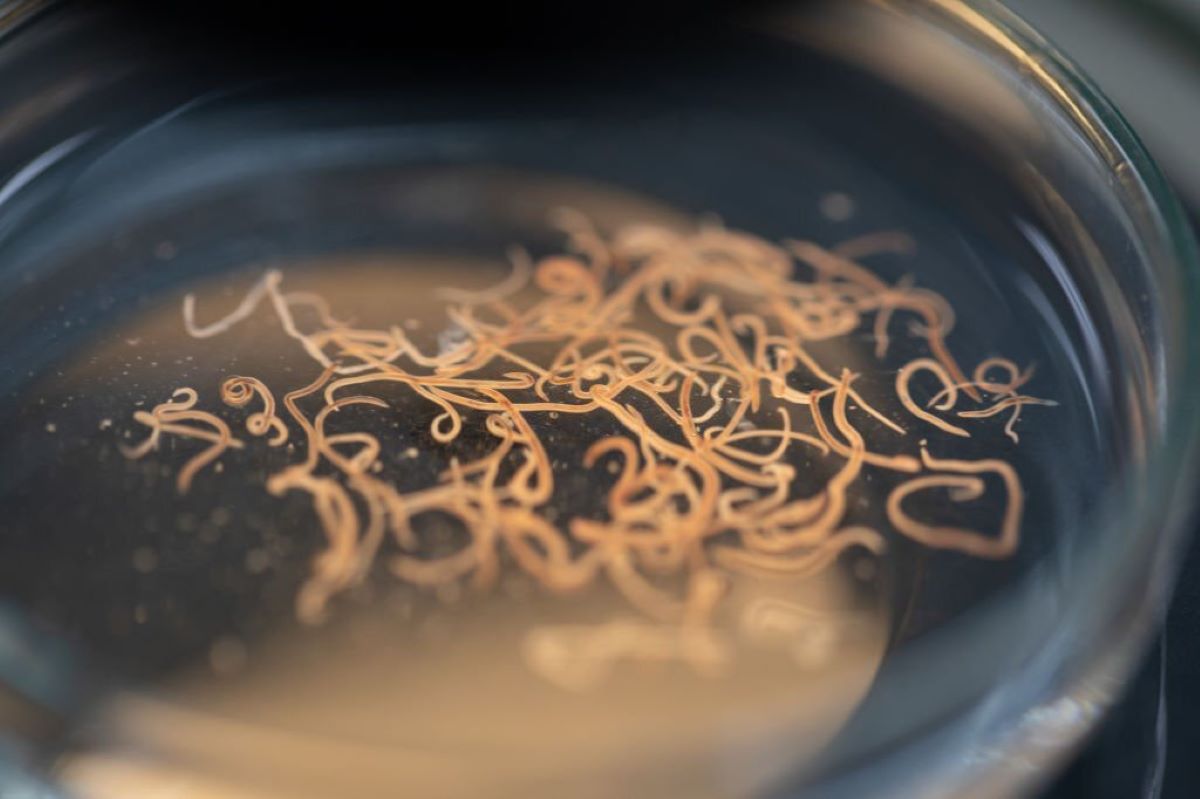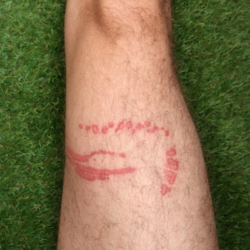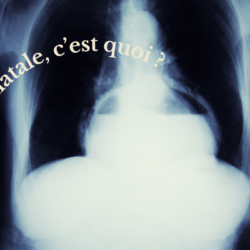Intestinal parasitosis or intestinal worms , despite its frequency in children (70 to 80% of children would one day or another be infected with Enterobius vermicularis or pinworm), is rarely considered by the medical profession. While our grandmothers used to deworm their cherubs regularly, it seems that it has gone out of fashion…
However, intestinal parasites are the cause of many disorders : disturbed sleep, irritability and grumpy mood, lingering fatigue, cough and ENT disorders, digestive disorders such as intestinal pain, unbalanced transit or odorous flatulence.
These symptoms are directly caused by the parasites which reject toxic substances, divert certain nutritional substances to their benefit and thus disturb the overall balance of the organism.
Parasitosis and children:
In children, it can be suspected if an unusual excitability sets in, particularly marked at the end of the day, accompanied by itching , a dry cough (often nocturnal), dark circles under the eyes , crying , nervousness , anxiety attacks… Difficulty falling asleep and nocturnal awakenings can also be signs to spot, as well as a persistent “drop in the nose”. These signs are generally aggravated at the approach of the new moon and the full moon (the female parasites of the pinworms, responsible for the majority of parasitoses, lay their eggs at this period, and cause anal pruritus, and an irritability that the we can well understand!)
We mainly think of worms when we talk about intestinal parasites, although they are not the only ones.
But who are these critters?
Pinworms:
They are round and whitish looking worms that measure from 5 mm to 1 cm. They are responsible for the most common ailments, especially in children who swallow their eggs while playing in the dirt, touching food or objects (because pinworm eggs are very resistant, they can live up to two weeks in the air). open air!), or by self-contagion by scratching the behind. Pinworm eggs hatch in the intestine and these worms have a lifespan of about 3 weeks. Adult females lay about 10,000 eggs around the anus, which causes the famous itching that gives our children an undeniable delicacy and refinement.
Roundworms:
Other traveling companions, less frequent, because more specific to tropical zones, roundworms . From the family of nematodes, roundworms resemble our earthworms. They can measure from 20 to 40 cm and lodge in the small intestine. The symptoms caused by their presence can be serious: lung damage, painful abdominal cramps, persistent fatigue, diarrhoea, weight loss and in rare cases, hepatic or biliary disorders. Roundworm eggs are found on fruits and vegetables. Note that the symptoms caused by roundworms depend on the maturity of the worm. The larval phase causes a cough, a need to expectorate, because it takes place in the liver and lungs. Adult, roundworm causes diarrhea, abdominal pain or nausea.
Tapeworms:
Tapeworms , or tapeworms , are at the heart of many jokes that have earned them their terrible reputation. It is true that these long flatworms (they can reach 10 meters in length) are the cause of a lot of damage: appetite disorders (we are always hungry!), nutritional deficiencies, abdominal pain, nausea, extreme fatigue …
These worms reach our intestines through undercooked pork ( taenia solium ) or beef ( taenia saginata ) .
There are many solutions to eradicate these unwanted hosts, and to avoid new invasions. The important thing is to introduce deworming treatment on a regular basis and to consider it as an integral part of our lifestyle.
Find these tips in the following article: ” Get rid of intestinal worms naturally “.





